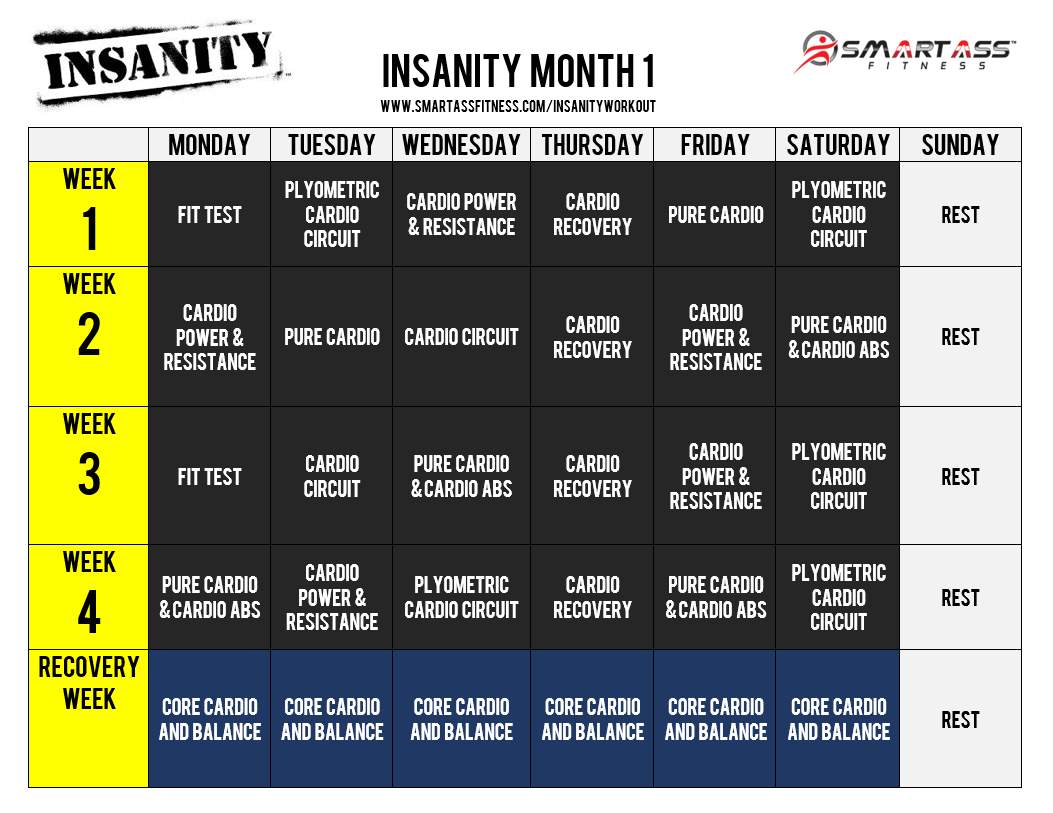

Mental illness is more common in people whose blood relatives also have a mental illness. Mental illnesses, in general, are thought to be caused by a variety of genetic and environmental factors: If your loved one has done self-harm or is considering doing so, take the person to the hospital or call for emergency help. You may even be able to go along to the appointment.
#INSTANITY CERTIFICATION PROFESSIONAL#
You can also help your loved one find a qualified mental health professional and make an appointment. You may not be able to force someone to get professional care, but you can offer encouragement and support. If your loved one shows signs of mental illness, have an open and honest discussion with him or her about your concerns. Suicidal thinking doesn't get better on its own - so get help. Contact a minister, spiritual leader or someone else in your faith community.Reach out to a close friend or loved one.Seek help from your primary care provider.In the U.S., call or text 988 to reach the 988 Suicide & Crisis Lifeline, available 24 hours a day, seven days a week. Call 911 or your local emergency number immediately.If you think you may hurt yourself or attempt suicide, get help right away: Suicidal thoughts and behavior are common with some mental illnesses. Most mental illnesses don't improve on their own, and if untreated, a mental illness may get worse over time and cause serious problems. If you have any signs or symptoms of a mental illness, see your primary care provider or a mental health professional. Sometimes symptoms of a mental health disorder appear as physical problems, such as stomach pain, back pain, headaches, or other unexplained aches and pains.

Trouble understanding and relating to situations and to people.Inability to cope with daily problems or stress.Detachment from reality (delusions), paranoia or hallucinations.Significant tiredness, low energy or problems sleeping.Excessive fears or worries, or extreme feelings of guilt.Confused thinking or reduced ability to concentrate.Mental illness symptoms can affect emotions, thoughts and behaviors. Signs and symptoms of mental illness can vary, depending on the disorder, circumstances and other factors.


 0 kommentar(er)
0 kommentar(er)
